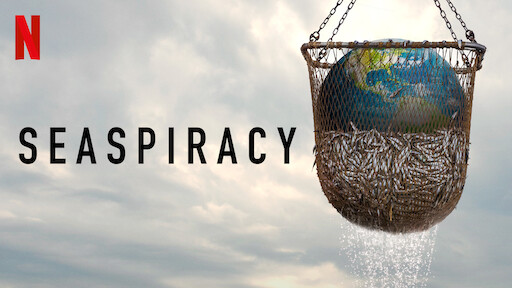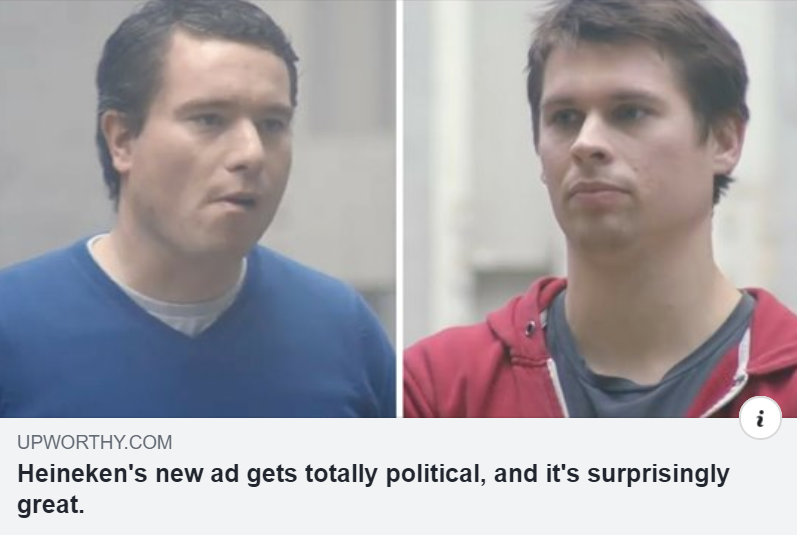
Mitchell’s journey into filmmaking began with his experience building digital platforms like Secret Dining Hub and Plant Based News. “These platforms taught me how impactful video content can be when it comes to engaging audiences and sparking action,” he reflects (you can see an example of one of his short video films here). His foray into long-form content allowed him to explore pressing sustainability issues in depth. “Documentaries like Eating Our Way to Extinction, Seaspiracy, Christspiracy, and MILKED are all examples of sustainability-focused films I’ve been involved in that offer immersive experiences while equipping viewers with actionable solutions,” Mitchell explains.
One of Mitchell’s standout achievements was his work as a script editor on the groundbreaking Netflix documentary Seaspiracy. He first met the directors, Ali and Lucy Tabrizi, in 2016, an encounter that left a lasting impression. “Their passion for tackling such an ambitious project was incredibly inspiring,” he recalls. “The idea of exposing the environmental consequences of the global fishing industry was daunting, but they were deeply committed to making it happen.” Mitchell collaborated with the team, helping refine the script to balance emotional engagement with factual accuracy. The result? A documentary that reached Netflix’s top 10 in multiple countries and ignited worldwide conversations about marine conservation.
In 2017, Mitchell participated in Heineken’s World’s Apart advertisement, a unique social experiment that paired him with a climate change denier. “It was fascinating because it didn’t start with confrontation,” he says. “Instead, we were given tasks to complete together, which encouraged collaboration and dialogue.” The ad gained global attention, even being featured on Trevor Noah’s Spotify podcast What Now. Reflecting on the experience, Mitchell notes, “It taught me the importance of empathy in conversations about sustainability. It’s not just about debating facts—it’s about finding common ground.”


Two years later, Mitchell directed and produced Vegan 2019, a documentary capturing the rapid growth of the plant-based movement. Premiering in Los Angeles, London, and Beijing, the film also garnered over a million views on YouTube. “2019 was a pivotal year for veganism,” Mitchell explains. “Veganuary had achieved record participation, and vegan product sales were booming. There was a huge appetite for content reflecting the momentum of the movement.” He notes how the landscape has evolved since then, with veganism transitioning from a niche community to a broader sustainability conversation.
Mitchell’s expertise extends beyond filmmaking into the strategic promotion of environmental films. Through Plant Based News and its marketing arm, PBN Digital, he helped amplify the reach of Eating Our Way to Extinction. Narrated by Kate Winslet, the film exposed the environmental devastation caused by the global food system.“At PBN Digital, we crafted targeted campaigns, developed engaging social media content, and leveraged our network of nearly 4 million social followers to promote the film,” Mitchell shares. The result was a powerful call to action that resonated with viewers worldwide. You can see Mitchell’s interview with the directors here.
Most recently, Mitchell served as executive producer on Christspiracy, a documentary exploring the intersections of religion and sustainability. “My involvement began through PBN Digital, which supported the project’s fundraising efforts. We helped raise over $400,000 for the film, allowing the team to bring their vision to fruition,” he says. The film delves into how faith-based communities can align their values with environmental stewardship, sparking important conversations among audiences who might not typically engage with sustainability issues.
For Mitchell, the challenges of sustainability filmmaking are outweighed by its rewards. “The biggest challenge is striking a balance between urgency and hope,” he admits. “Environmental issues can feel overwhelming, but it’s important to highlight actionable solutions to empower audiences.” As his work continues to inspire change, Mitchell remains committed to using storytelling as a catalyst for a more sustainable future. “Film has the power to inform, inspire, and ignite action. It’s a medium that can transform abstract issues into tangible, relatable stories—and that’s what makes it so effective.”
You can find out more about Klaus Mitchell’s work via his website here and platform Plant Based News here.